
Workers check equipment at a photovoltaic power plant in Yicheng, Hubei province, on Sept 5. (WANG HU/FOR CHINA DAILY)
China and the European Union should intensify bilateral energy cooperation to promote technological innovation and advance industrial development, renewable energy authorities said at a forum on Tuesday.
The 2023 China-Europe Offshore Renewables Development and Cooperation Forum, held in Yancheng, Jiangsu province, was jointly organized by the China Renewable Energy Engineering Institute, the European Union Chamber of Commerce in China and the Yancheng government.
More than 300 participants attended the forum, including senior officials and diplomatic missions from 12 countries and regions.
Ren Jingdong, deputy director of the National Energy Administration, said that energy authorities on both sides have established a cooperation platform, and witnessed fruitful exchanges and cooperation on innovation in the past four years.
"Offshore renewable energy is one of the most promising areas for cooperation," Ren said.
The two sides should promote high-level development of the global offshore renewable energy industry chain and supply chain, and accelerate the deployment of renewable energy worldwide, he added.
To this end, the two sides should promote project cooperation, strengthen technological innovation and set up pilot demonstration sites in industries such as deep sea wind power, offshore photovoltaics and offshore energy islands, he said.
During the forum, 25 project agreements were inked between the two sides, with a total investment amount of 29.48 billion yuan ($4.13 billion).
Zhou Bin, Party secretary of Yancheng, said the city's installed capacity of offshore wind power accounts for about 40 percent of the nation's total. Additionally, among the top 10 photovoltaic companies in China, eight have invested in the city.
As of September, the cumulative installed capacity of offshore wind power in China has reached 31.89 million kilowatts, the NEA said.
"Yancheng has been cooperating with European partners in France, the Netherlands and the United Kingdom in resource development, equipment manufacturing, technological innovation and talent exchange," said Zhou.
Marjo Crompvoets, consul general of the Netherlands in Shanghai, said energy cooperation between the Netherlands and Yancheng dates back to 2019, when 10 Dutch companies visited Yancheng for offshore wind power cooperation.
"To fully realize the potential of offshore renewables, international cooperation is paramount," Crompvoets said.
"The right approach is to share, learn, innovate and continually seek better solutions."
She said an ecosystem must be developed where governments, companies and society collaborate toward common goals to ensure social cost reduction and sustainable development.
"Renewable energy and low-carbon technologies are among the most promising fields of cooperation between Europe and China," said Miguel Montoya, vice-president of the European Union Chamber of Commerce in China.
"Over the past few years, extensive and fruitful exchanges and cooperation have taken place under the China-Europe Energy Innovation Cooperation framework," Montoya said.
"Last month, the 11th EU-China Energy Dialogue, the first face-to-face intergovernmental high-level meeting in the energy field since 2019, addressed topics of shared interests.
"We hope to maintain such energy policy dialogue between governments, while promoting practical cooperation in industry, and joint research and development."












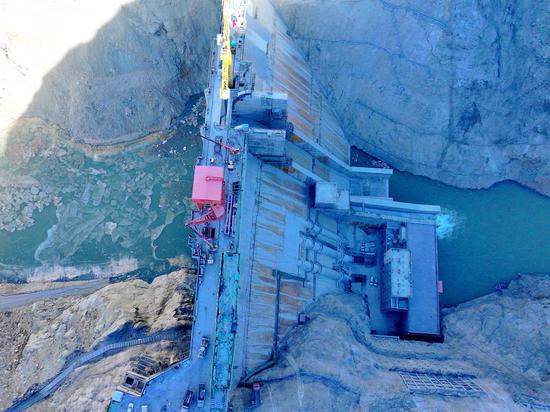



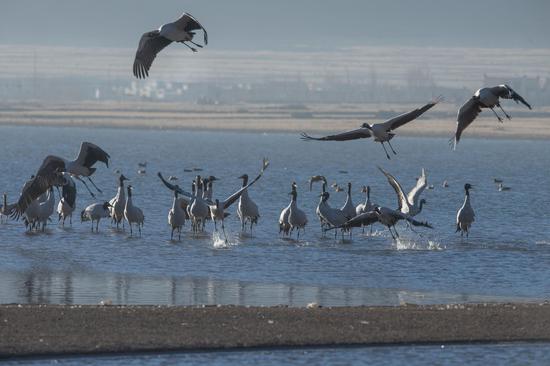

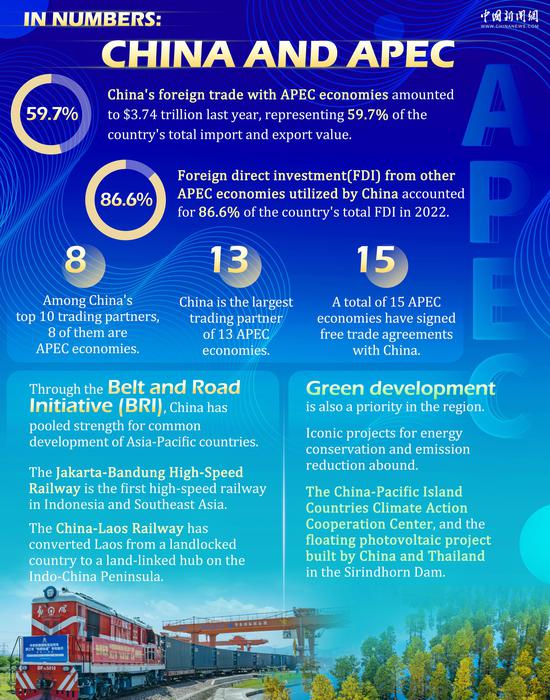


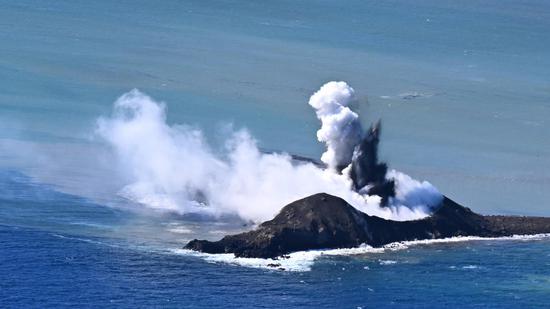
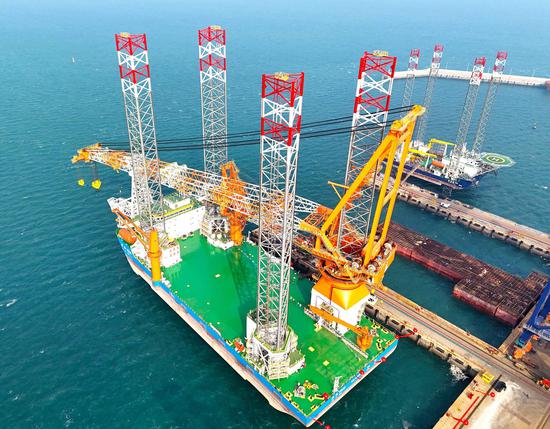

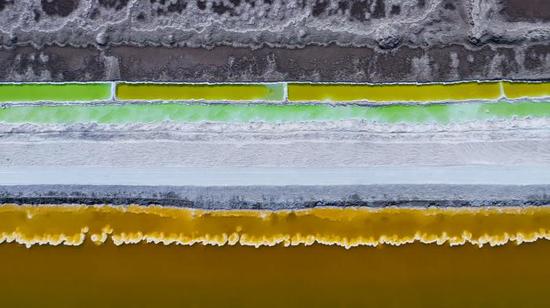
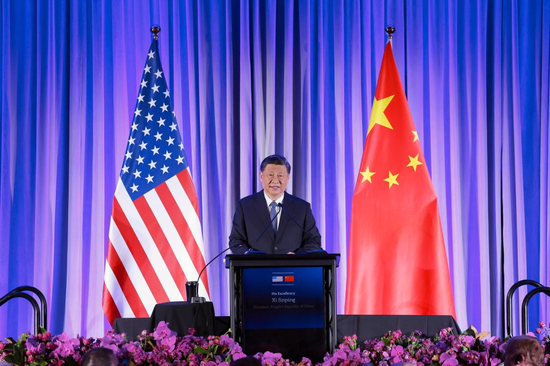
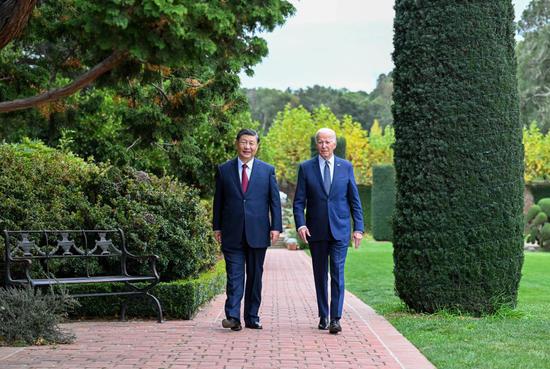

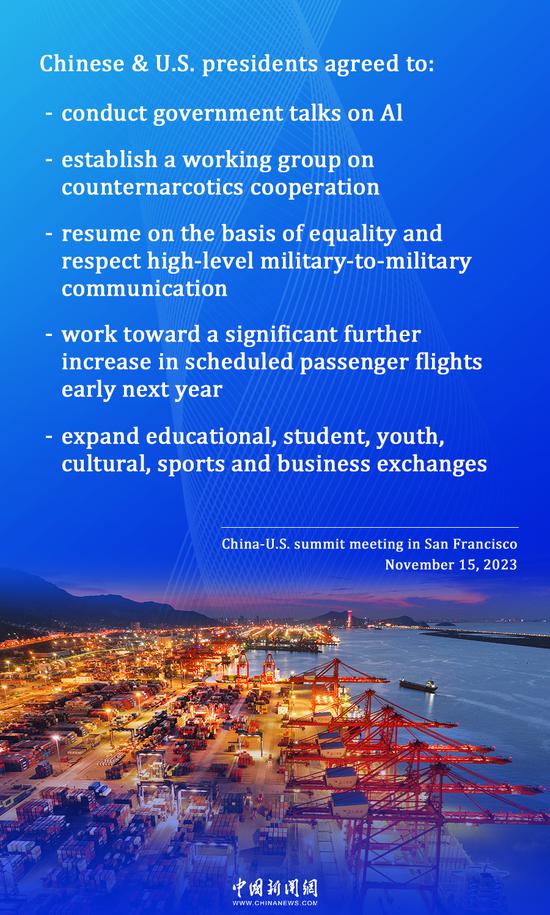
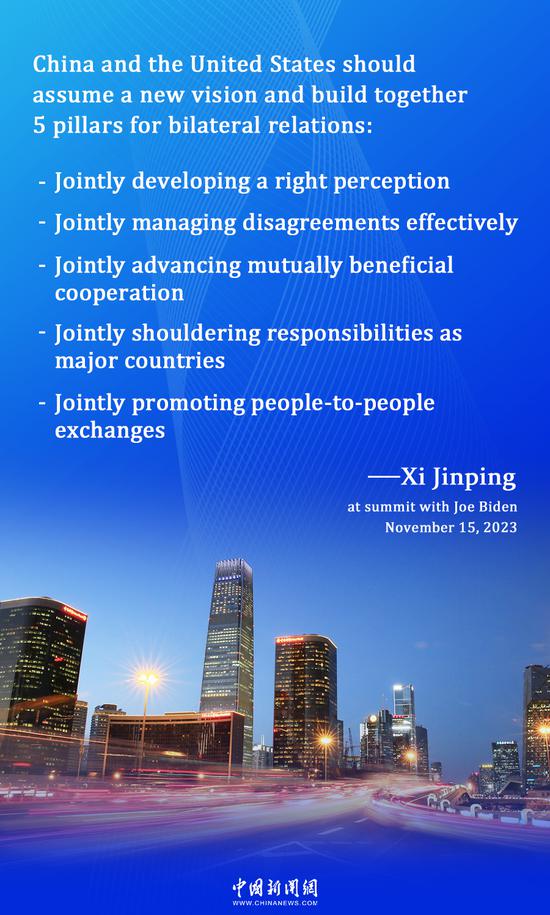
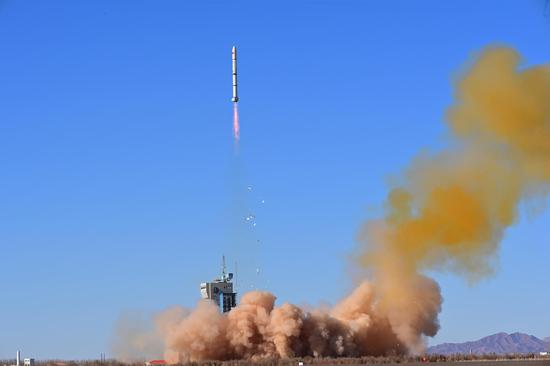


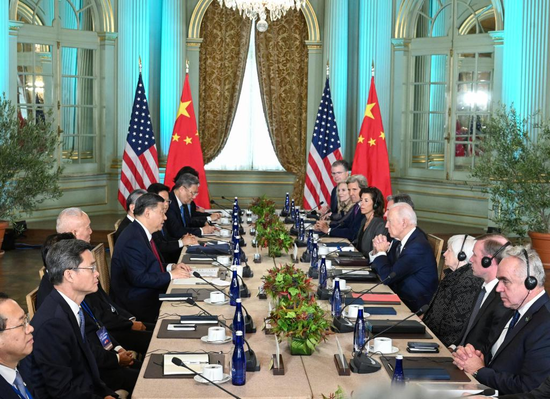


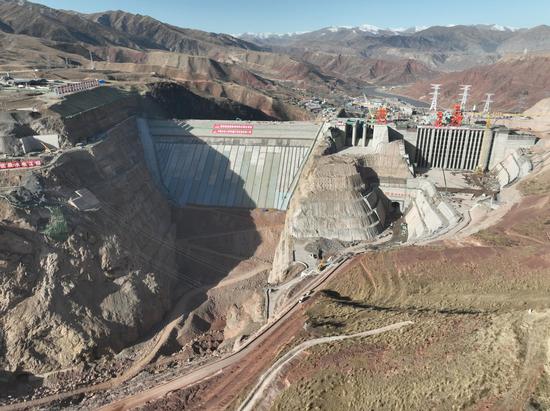



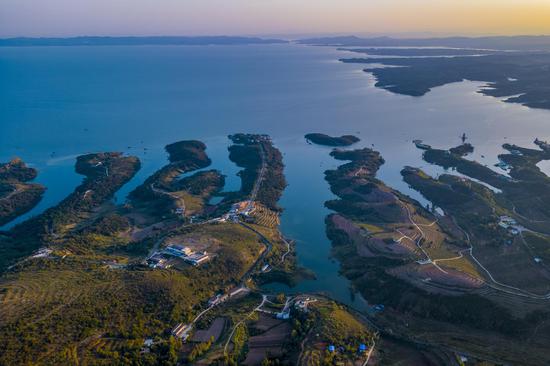









 京公网安备 11010202009201号
京公网安备 11010202009201号